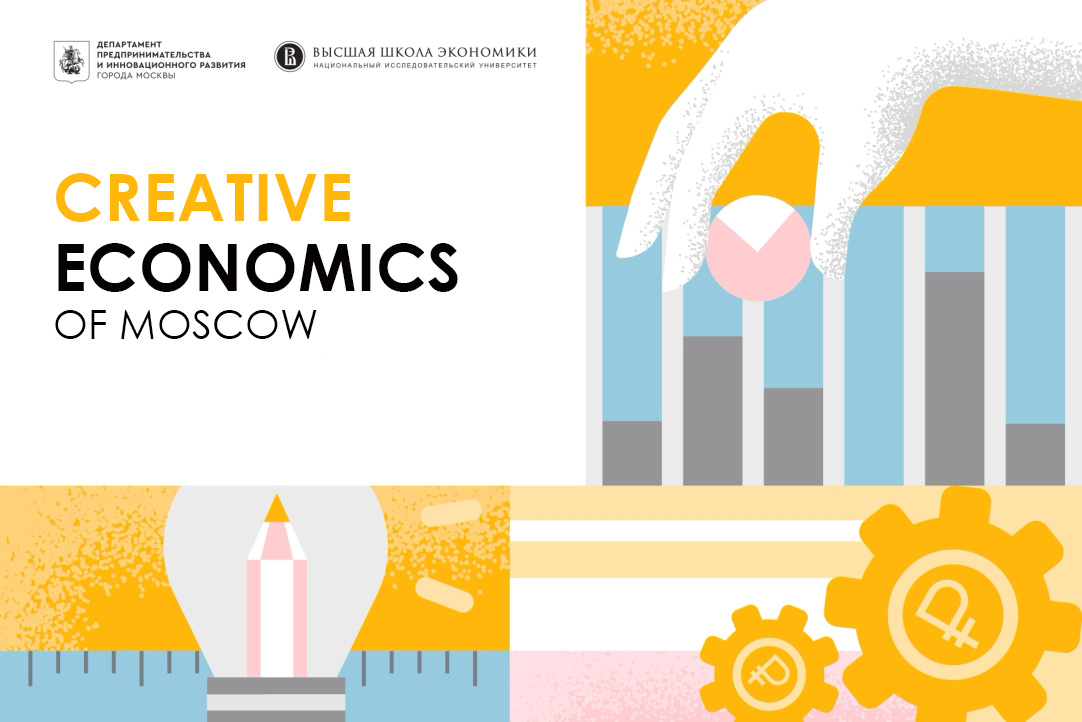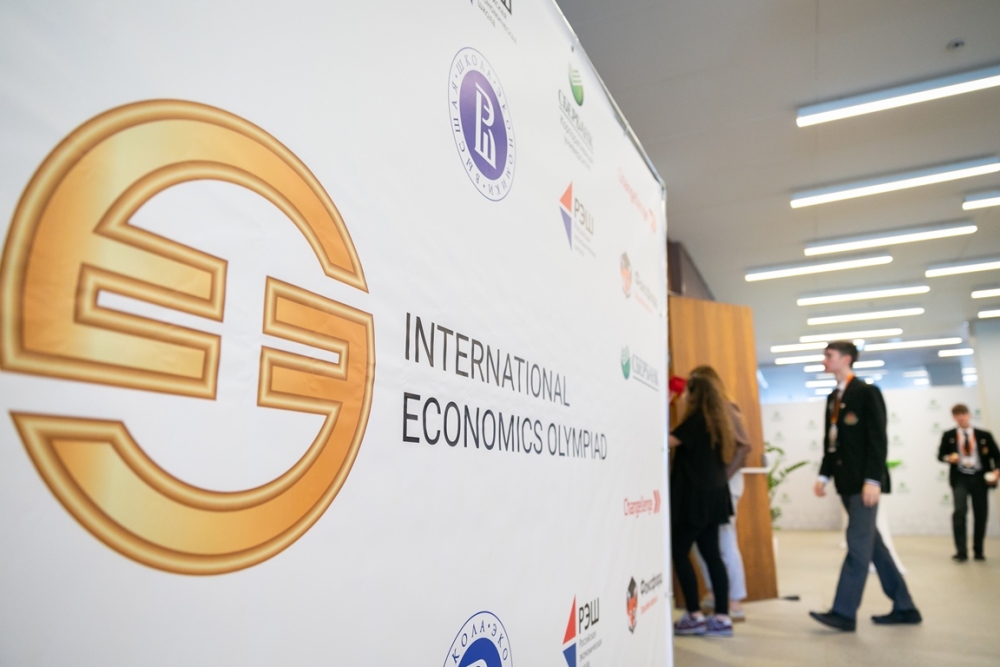
What Are the Chances Online Education Will Help You Successfully Change Careers? HSE Researchers Measure the Effectiveness of Yandex.Practicum
Experts from the Institute of Education of HSE University examined the effectiveness of five courses of one of the largest Russian online education services, Yandex.Practicum. The study showed that 71.1% of graduates found employment, and more than half of them became employed within two months after graduation.

Educational Studies Journal Enters Scopus Q1
Educational Studies, an academic journal founded by HSE University in 2004, has become the first Russian journal to enter the first quartile in Education in Scopus. This success relies on high requirements and thorough selection of publications, when the editorial board tries to select not just good papers, but particularly innovative studies.

Remote Learning Struggles: Undergraduates’ Anxieties at the Onset of Online Learning
A year ago, in March 2020, the COVID-19 pandemic and related lockdowns caused Russian universities to switch to distance learning. Emergency digitalisation, embracing new teaching and learning formats and switching to remote teacher-student communication — all of this was a challenge, but the universities found ways to cope. Students also learned some vital lessons outside of the curriculum. This unusual, challenging situation gave rise to various fears and concerns about distance education — and also highlighted what remains essential to the learning process, no matter its mode.

Baselines and Historical Territorial Waters: How Russia Can Protect Its Rights in the Artic
Climate change-induced ice melting in the Arctic has led to contradictions in the assessment of Russia’s rights in the region. As ice cover diminishes, Russia may be losing its influence on the territories that it has historically developed. This is partially due to the changing width of territorial waters by low-water lines. However, there are alternative legally valid ways to establish fair borders, which are described by researchers of the HSE Institute of Ecology in their paper ‘Prospects for the evolution of the system of baselines in the Arctic’.
HSE Researcher Named First Winner of British Early Career Researchers Award
The British Educational Research Association, BERA, has announced the winners of its Early Career Researchers Award, founded this year to recognize emerging researchers. The new award’s first two winners are Saule Bekova, Research Fellow at theInstitute of Education of the Centre of Sociology of Higher Education, and Binwei Lu of Durham University (UK). In the announcement, the organizing committee praised them as ‘outstanding scholars’ and noted the potential significance of their research for the field of education.

Creative Moscow: Ahead of Hong Kong and Melbourne, but Far behind Beijing and London
Moscow is not only Russia’s official capital, but its creative capital as well. 54% of the added value of the country’s creative industries is generated here. This was one of the findings presented in the report, ‘Moscow’s Creative Economy in Figures’, prepared jointly by HSE researchers and the Moscow Department of Entrepreneurship and Innovative Development.

Faster and More Precise: Researcher Improves Performance of Image Recognition Neural Network
A scientist from HSE University has developed an image recognition algorithm that works 40% faster than analogues. It can speed up real-time processing of video-based image recognition systems. The results of the study have been published in the journal Information Sciences.

‘Not Testing the Knowledge, But Testing Whether You Are Ready to Interact with Reality’
The roundtable "Teaching Economics to High School Students: Curricula, Practices, Competitions" took place as part of the XXII April International Academic Conference on Economic and Social Development. Danil Fedorovykh, Deputy Vice Rector of HSE University and the President of the Executive Board of the International Economics Olympiad (IEO), initiated the session. Alexander Zhitkovskiy, Head of the Project Laboratory for Development of Intellectual Competitions in Economics (Faculty of Economic Sciences, HSE University), was the co-moderator.

The Core of the Nesting Doll: What a Comparison of the April Conference, the World Economic Forum, and the Gaidar Forum Reveals
This year the April International Academic Conference on Economic and Social Development took place for the twenty-second time, and, for the first time, Sberbank joined HSE University as a co-organizer of the event. Research assistants of the Economic Journalism Laboratory, headed by Nikolay Vardul, analyzed the agenda of the April Conference and compared it with those of other major forums. The findings of the study can be found among the laboratory’s publications.

Mirror Labs: A Geographic Effect
The HSE Laboratory for Neurobiological Foundations of Cognitive Development (Neuropsy Lab) is one of 13 winners of the HSE Mirror Laboratories Competition and the only lab headed by an international faculty member. The Neuropsy Lab’s partner institution is the Scientific and Educational Centre for Interdisciplinary Research and Art Technologies based out of Ulyanovsk State University. The HSE Look spoke about this collaboration with the lab’s head – Dr Marie Arsalidou, Associate Professor at the HSE School of Psychology.

